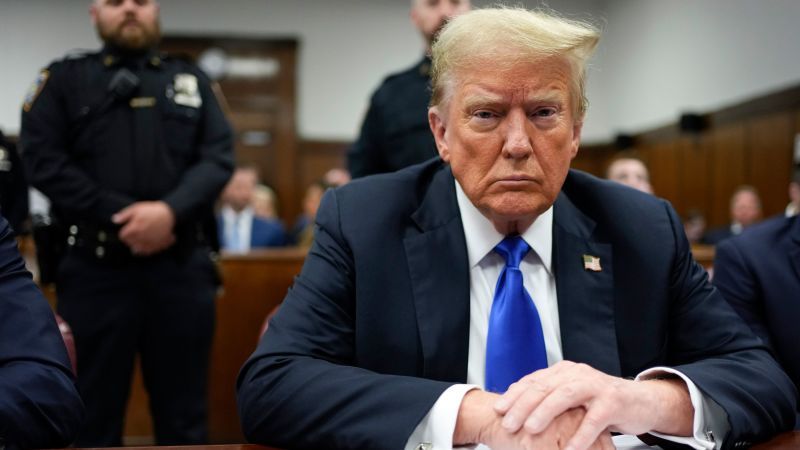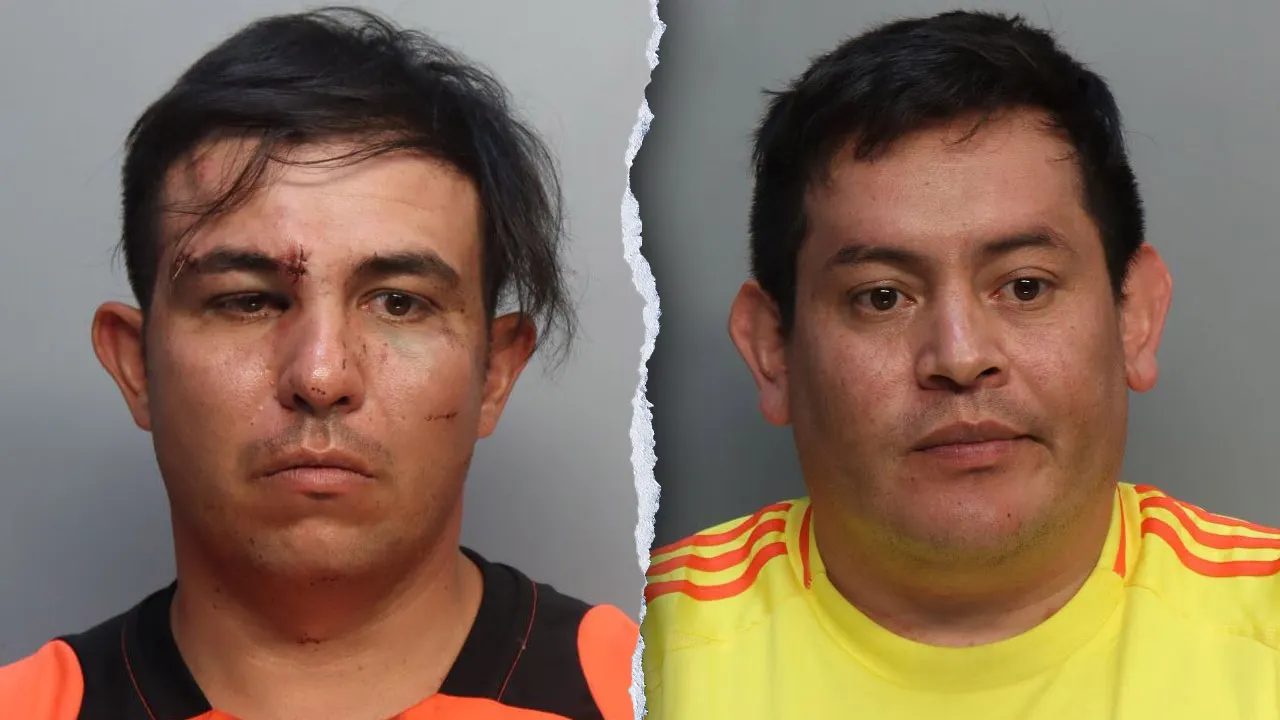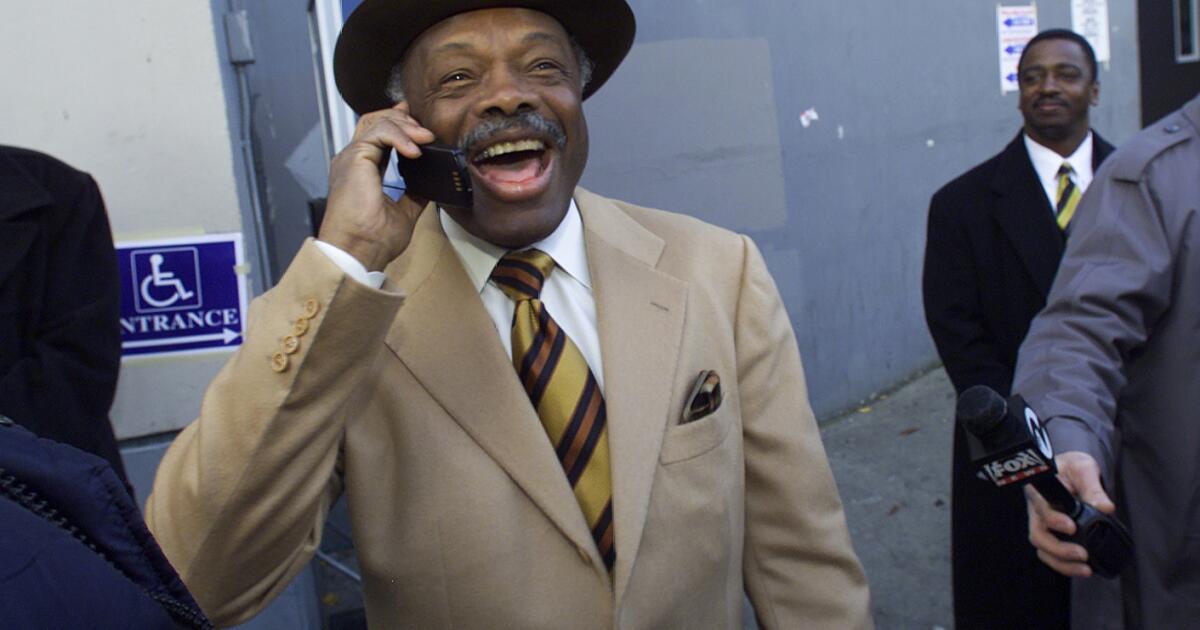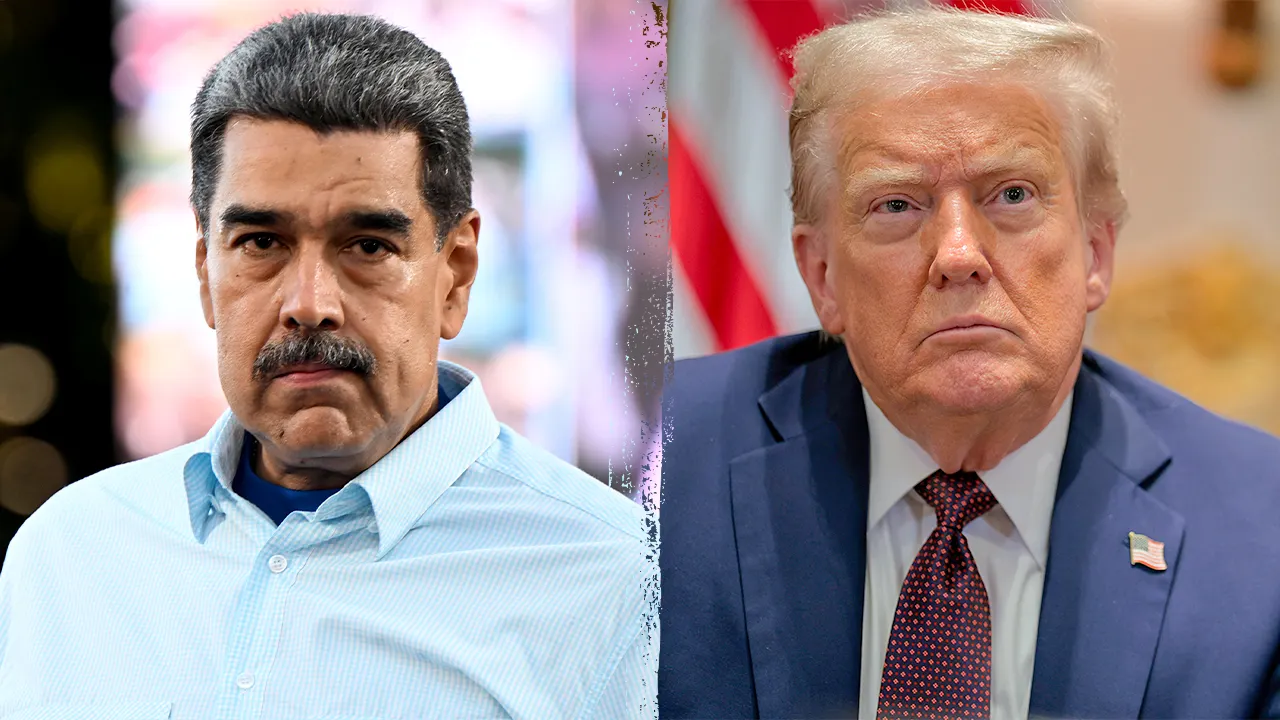A New York jury that convicted Donald Trump of 34 felony counts of falsifying business records ended the former president's weeklong trial but ushered in a new phase of the historic case.
Now, in the unique position of being the first former US president convicted of a serious crime, Trump faces the possibility of a prison sentence or probation for his crimes stemming from a hush money scheme that helped facilitate before the 2016 presidential elections.
Trump, known for filing lengthy appeals of court rulings against him, is also likely to appeal the conviction, which could significantly delay his sentencing, currently set for July 11.
Here's what you should know about the case following Trump's conviction:
When will Trump be sentenced?
Judge Juan Merchan set Trump's sentencing for 10 a.m. ET on July 11. For now, the former president will remain out of prison while he awaits his sentencing. Prosecutors did not ask Trump to post any bail.
Can Trump appeal his conviction?
Shortly after Trump was convicted, his attorney Todd Blanche asked Merchan to be acquitted of the charges despite the guilty verdict. The judge rejected the pro forma request.
Can Trump still be elected president?
Nothing in the U.S. Constitution prohibits a convicted felon from running for the nation's highest office, University of California, Los Angeles law professor Richard L. Hasen has consistently said.
“The Constitution contains only limited requirements to run for office (be at least 35 years old, a natural-born citizen, and at least 14 years a U.S. resident),” Hasen continued.
Will the conviction cost Trump his right to vote?
Trump is a Florida resident. In regards to the Manhattan guilty verdict that was just handed down, Trump's right to vote in Florida in the November election will depend on whether he is sentenced to a prison sentence and whether he has completed serving that prison sentence to the time of the elections.
Florida's felon voting bans apply to people with out-of-state convictions. However, if a Floridian's conviction is out of state, Florida defers to that state's laws as to how the felon can regain his or her voting rights.
Read more about the aftermath of Trump's guilty verdict.












